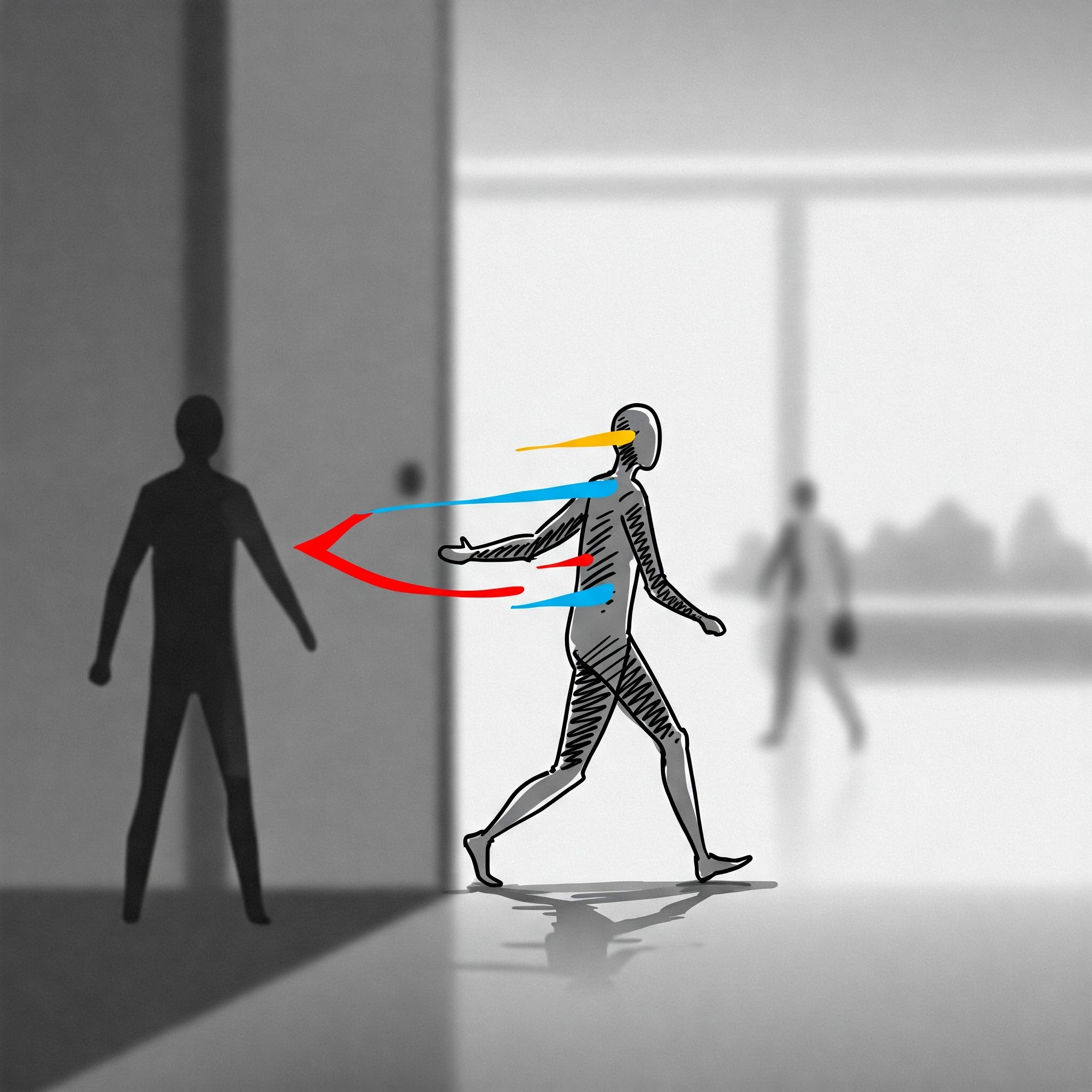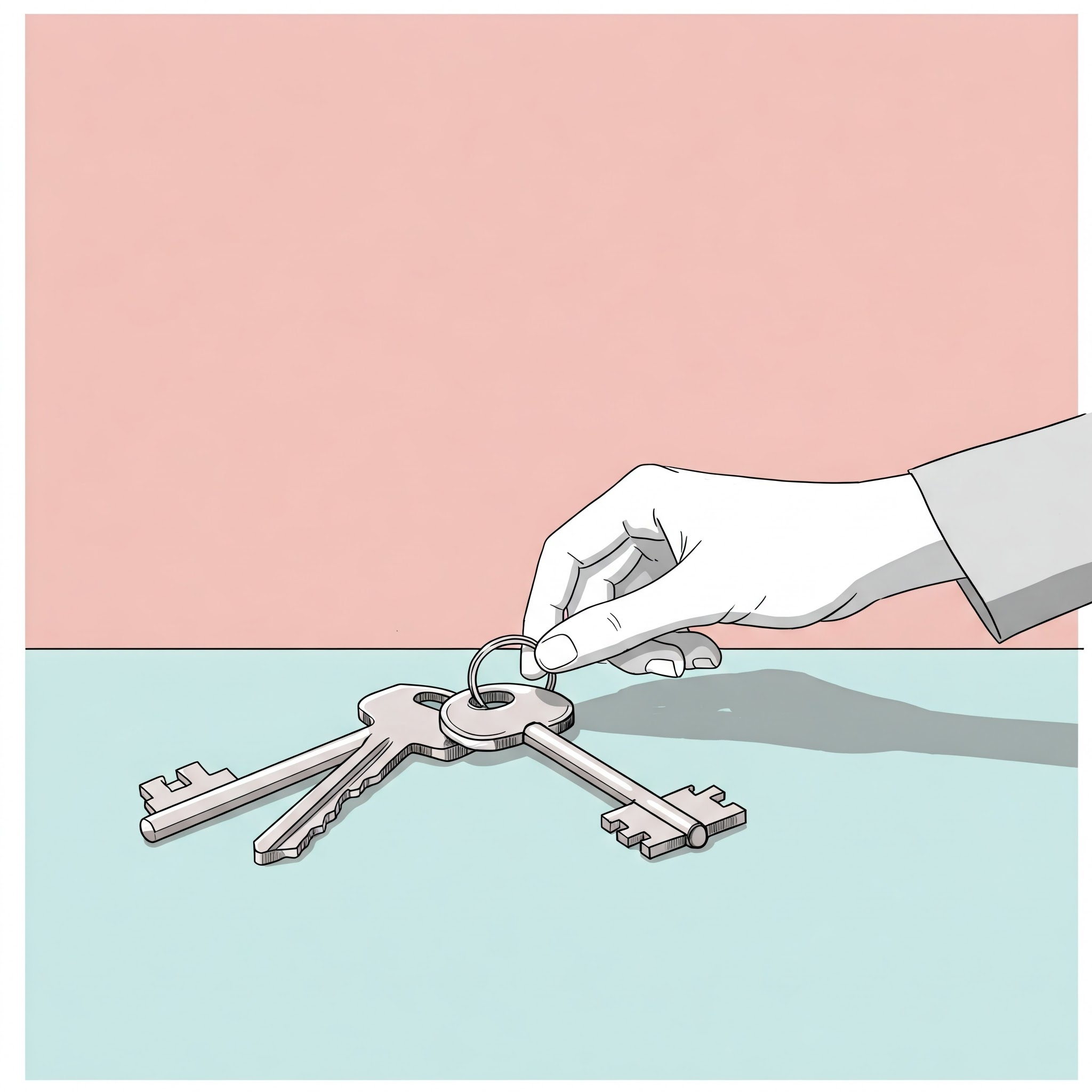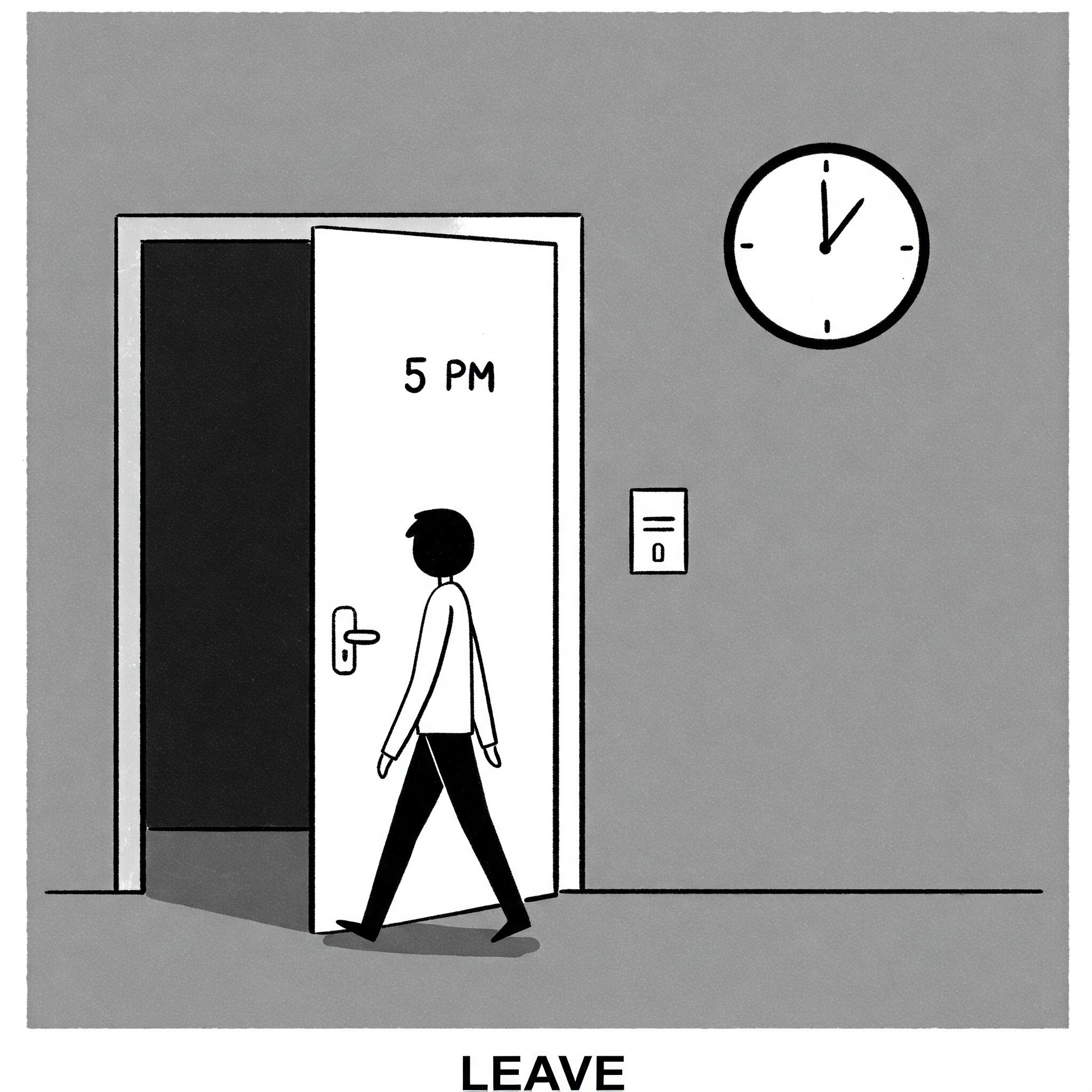Leave
Definition
Leave is a verb and a noun. As a verb, it means to go away from a place or to allow something to remain. As a noun, it refers to permission to do something or a period of absence from work or duty.
Parts of Speech
- Verb
- Noun
Pronunciation
American English
- IPA Pronunciation (verb/noun): /liːv/
- Respelling: leev
British English
- IPA Pronunciation (verb/noun): /liːv/
- Respelling: leev
Etymology
The word "leave" originates from Old English "læfan," meaning "to allow to remain" or "to depart," derived from Proto-Germanic "*laibijaną." The noun form evolved from Middle English, referring to "permission."
Derivatives
- Leaver (noun)
- Left (verb, past tense)
- Leaving (noun/verb)
- Releave (verb, rare)
- Leave-taking (noun)
Synonyms
- Depart (verb)
- Quit (verb)
- Absence (noun)
Antonyms
- Arrive (verb)
- Stay (verb)
- Presence (noun)
Usage
The term "leave" is widely used in contexts such as movement, permission, and absence. For example, "He left the house early in the morning," or "She requested leave from her job for two weeks."
Related Terms
- Exit: The act of leaving a place.
- Permission: Consent to perform an action.
- Absence: The state of being away or not present.
Detailed Definitions
Verb
- To go away from a place: Indicates physical departure.
- Example: "She left the office at 5 PM."
- To allow something to remain: Refers to not taking or altering an object or situation.
- Example: "Please leave the keys on the table."
- To cease involvement with something: Describes discontinuing an activity or relationship.
- Example: "He decided to leave the project midway."
Noun
- Permission to do something: Refers to formal approval.
- Example: "The soldier was granted leave to visit his family."
- A period of absence from work or duty: Indicates authorized time away.
- Example: "She is currently on maternity leave."
leave



🇨🇳 Mandarin (Chinese)
- 离开 (Líkāi) - to go away from
- IPA: /lǐ.kāi/
- Respell: lee-kai
- 留下 (Liúxià) - to allow to remain
- IPA: /lǐu.ɕi̯ǎ/
- Respell: lee-you-shee-ah
🇮🇳 Hindi
- छोड़ना (Chodna) - to go away from
- IPA: /tʃʰoːɽnaː/
- Respell: choad-na
- रहना (Rehna) - to allow to remain
- IPA: /ɾɛːɦnaː/
- Respell: ray-na
🇪🇸 Spanish
- Salir - to go away from
- IPA: /saˈliɾ/
- Respell: sah-leer
- Dejar - to allow to remain
- IPA: /deˈxar/
- Respell: deh-har
🇫🇷 French
- Partir - to go away from
- IPA: /paʁ.tiʁ/
- Respell: par-teer
- Laisser - to allow to remain
- IPA: /lɛ.se/
- Respell: leh-seh
🇸🇦 Modern Standard Arabic
- يغادر (Yughadir) - to go away from
- IPA: /jugʜaːdir/
- Respell: yoo-ghaa-deer
- يترك (Yutrak) - to allow to remain
- IPA: /jutrak/
- Respell: yoo-trak
🇧🇩 Bengali
- ছেড়ে (Chere) - to go away from
- IPA: /tʃheɽe/
- Respell: cheh-reh
- রাখা (Rakha) - to allow to remain
- IPA: /ɾakʰa/
- Respell: ra-kha
🇷🇺 Russian
- Уходить (Ukhodit') - to go away from
- IPA: /ʊˈxodʲɪtʲ/
- Respell: oo-kho-deet
- Оставлять (Ostavlyat') - to allow to remain
- IPA: /ɐstɐˈvlʲætʲ/
- Respell: os-ta-vlyat
🇵🇹 Portuguese
- Sair - to go away from
- IPA: /sɐjɾ/
- Respell: sah-eer
- Deixar - to allow to remain
- IPA: /dɐjˈʃaɾ/
- Respell: dey-shar
🇮🇩 Indonesian
- Pergi - to go away from
- IPA: /pərɡi/
- Respell: per-gee
- Biarkan - to allow to remain
- IPA: /bi.ar.kan/
- Respell: bee-ar-kan
🇩🇪 German
- Verlassen - to go away from
- IPA: /fɛɐ̯ˈlasn̩/
- Respell: fehr-las-en
- Lassen - to allow to remain
- IPA: /ˈlasn̩/
- Respell: lahs-en
🇯🇵 Japanese
- 出る (Deru) - to go away from
- IPA: /deɾɯ/
- Respell: deh-roo
- 残す (Nokosu) - to allow to remain
- IPA: /nokosɯ/
- Respell: noh-koh-soo
🇻🇳 Vietnamese
- Đi - to go away from
- IPA: /ji˧ˀ˨ʔ/
- Respell: yee
- Để lại - to allow to remain
- IPA: /ɗe˧ˀ˨ʔ laj˨˩/
- Respell: deh lie
🇰🇷 Korean
- 나가다 (Nagada) - to go away from
- IPA: /naɡa.da/
- Respell: nah-gah-dah
- 남기다 (Namgida) - to allow to remain
- IPA: /namɡi.da/
- Respell: nam-gee-dah
🇹🇷 Turkish
- Ayrılmak - to go away from
- IPA: /ajɾɯlmak/
- Respell: ahyr-uhl-mak
- Bırakmak - to allow to remain
- IPA: /bɯɾakmak/
- Respell: buh-rak-mak
🇵🇰 Urdu
- چھوڑنا (Chorna) - to go away from
- IPA: /t͡ʃʰoːɽnaː/
- Respell: choad-na
- رہنا (Rehna) - to allow to remain
- IPA: /ɾɛːɦnaː/
- Respell: ray-na





